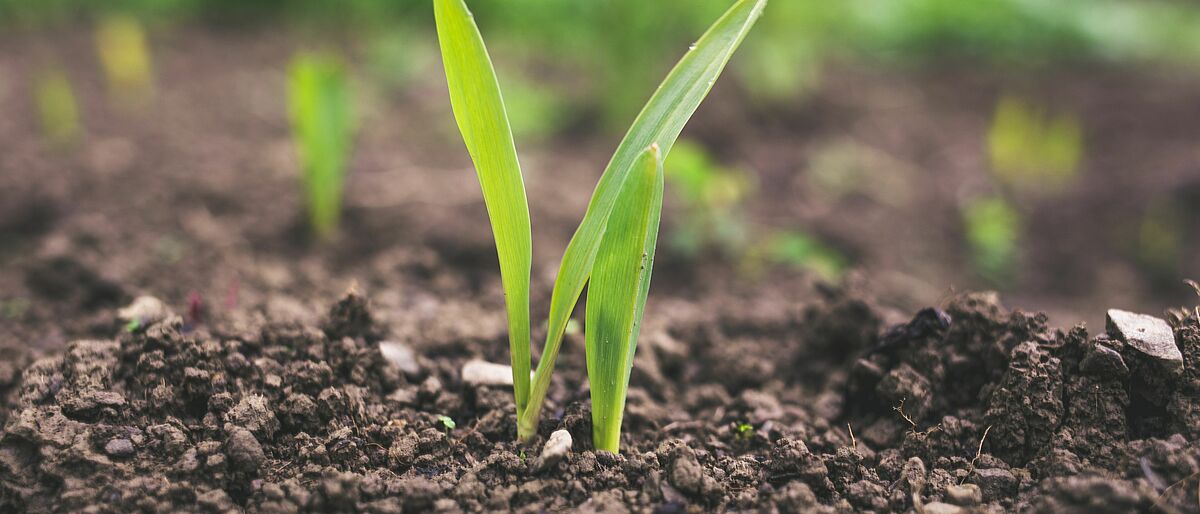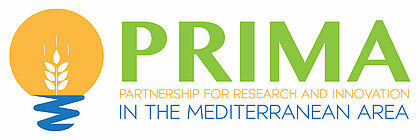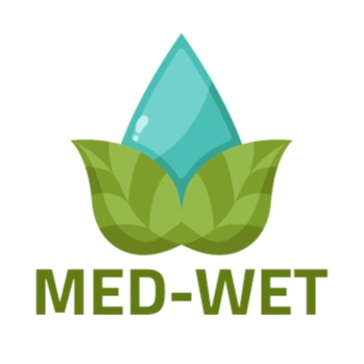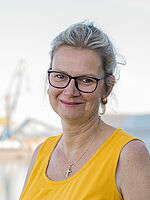MED-WET
Water supply for the Mediterranean region

The MED-WET project is dedicated to improving irrigation efficiency in the Mediterranean region. Freshwater availability is to be increased through the development of non-conventional water sources. Low-threshold solutions made of affordable, regionally available and natural materials are to be used (Low Tech, Low Energy, Low Budget, Easy to Use).
Mediterranean regions already face significant water scarcity. High tourist activities during the summer months additionally stress the limited water reserves, at a disadvantage for agriculture. Population growth, changing food consumption patterns and climate change are expected to intensify stresses. This calls for more efficient and sustainable irrigation technologies that are widely applicable for smallholder farmers. They must be low-cost, lean solutions that optimise natural resource use and income even at small scales. MED-WET provides such solutions to enhance irrigation efficiency as well as to increase freshwater availability by tapping into non-conventional water sources. Our selected solutions are low-tech, low-energy, easy-to-operate solutions using cheap, locally available and natural materials geared towards financial feasibility.
The overall objective of MED-WET is to introduce and improve the irrigation efficiency of small farmers in the Mediterranean region and to make optimal use of scarce water resources for lasting food and water security. MED-WET supports smallholder farmers to adopt better practices and low-cost, sustainable solutions in irrigation and freshwater harvesting, to promote controlled water use with more crop per drop combined with more resilient and regenerative agricultural methods that restore ecosystem services for the long term, as well as contribute to more value creation in rural areas. Higher water use efficiency shall be reached through more targeted and highly decreased water consumption through innovative irrigation systems and tapping into largely unused non-conventional water resources.
MED-WET contributes to addressing the negative impacts of climate change on water availability, agriculture and food security in the Mediterranean region. Specifically, the measure increases the "number and efficiency of new irrigation technologies and planning protocols and models" and is aimed at achieving SDG 6 (Sustainable Development Goals: Clean Water and Sanitation; Agenda 2030 - Global Goals for Sustainable Development), more specifically section 6.4.1 - Change water use efficiency over time. Furthermore, the MED-WET project also directly contributes to SDG 13 (Climate action), SDG 1 (Zero poverty), SDG 2 (Zero hunger) and SDG 12 (Responsible consumption and production).
MED-WET supports the achievement of the EU Green Deal, including the Farm to Fork Strategy, the Circular Economy Action Plan and the new EU Climate Change Adaptation Strategy. The direct impact extends even beyond the Mediterranean through agri-food value chains that stretch across Europe and North Africa.
Expected impacts beyond those mentioned in the work programme:
- Innovative capacity and scientific cooperation
- New market opportunities through smallholder farming by enabling them to significantly cut production costs.
- Impact on SDGs 1, 8, 9, 10.
- Potential impacts on recovery after Covid-19 or other crises: rural value creation, regionalized food security and independence from food imports, local production of agricultural inputs, climate and environmentally friendly, resilient food production, business models, creation of new 'sustainable' jobs in otherwise underdeveloped ones countryside regions.
(Clean water and sanitation), more specifically indicator 6.4.1 Change in water-use efficiency over time. MED-WET also contributes directly to SDG 13 (climate action), 1 (zero poverty), 2 (zero hunger) and 12 (responsible consumption and production) (more information here: www .un.org/development/desa/disabilities/envision2030.html ). MED-WET supports the achievement of the EU Green Deal (more information here: ec.europa.eu/info/strategy/priorities-2019-2024/european-green-deal_en ), including the ‘Farm to Fork’ Strategy (more information here: ec.europa.eu/food/horizontal-topics/farm-fork-strategy_en ), the Circular Economy Action Plan (more information here: ec.europa.eu environment/strategy/circular-economy-action-plan_en), and the New EU Strategy on Adaptation to Climate Change (more information here: ec.europa.eu/clima/eu-action/adaptation-climate-change/ eu-adaptation-strategy_en ). The direct impact reaches even beyond the Mediterranean via agrifood value chains reaching all over Europe and North Africa.
Key data
| Project duration | 01.06.2021 – 31.05.2024 |
| Project management | Regina Krause (Hochschule Wismar, DE) |
| Project partner | Hochschule Wismar (DE), Heliopolis University for Sustainable Development (EG), Malta College for Arts, Science & Technology (MT), EcoGozo Directorate, Ministry for Gozo (MT), Institut National de la Recherche Agronomique du Maroc (MA), Sultan Moulay Slimane University (MA), University of Beira Interior (PT), Municipality of Fundão (PT) |




